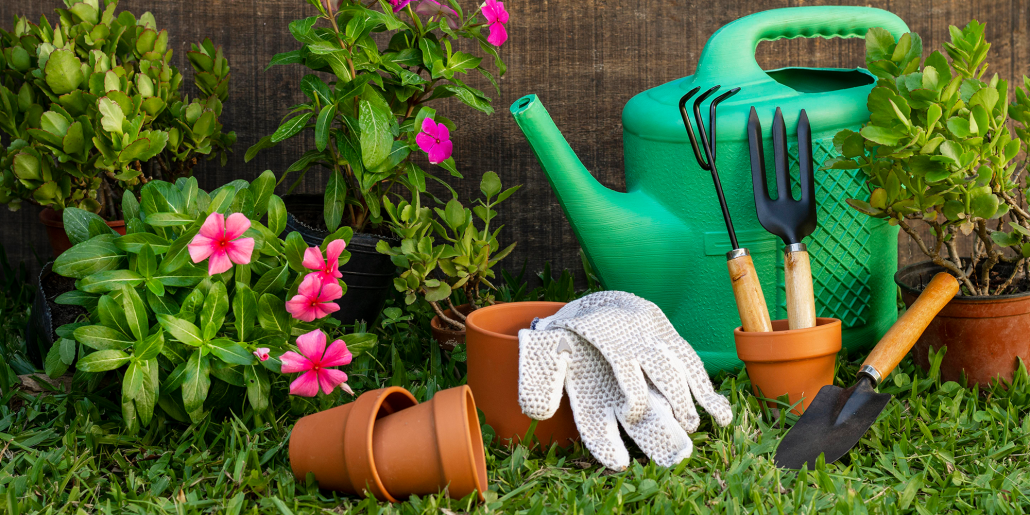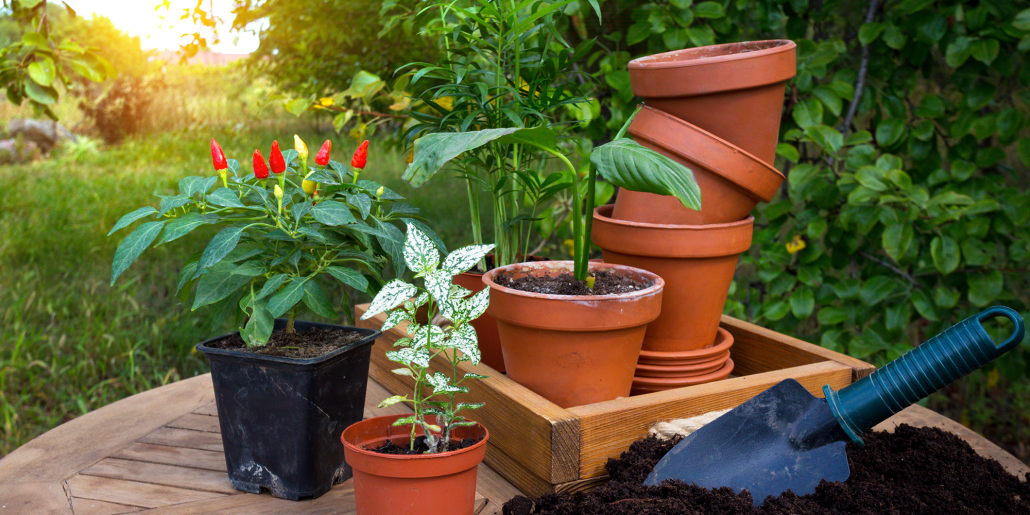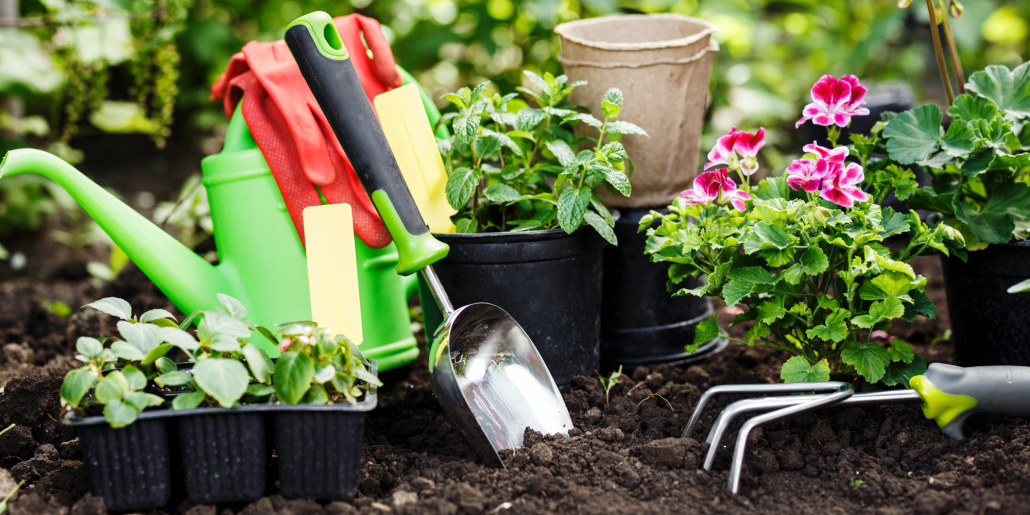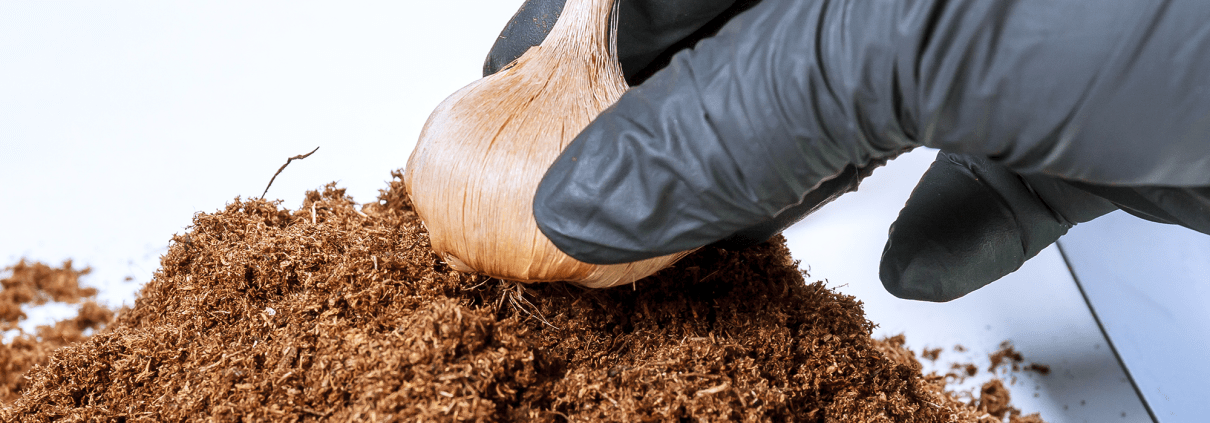Unlocking the Power of Bokashi Bran Composting: A Complete Guide
In a world where sustainable living and reducing waste are becoming increasingly important, bokashi bran composting has emerged as a powerful, eco-friendly solution for managing organic waste. This innovative composting method not only helps reduce landfill contributions but also produces nutrient-rich compost for your garden. Whether you’re a gardening enthusiast or someone keen to live more sustainably, bokashi bran composting is a practice worth exploring. Here’s everything you need to know to get started.
What is Bokashi Bran Composting?
Bokashi Bran composting is an anaerobic process that uses specially inoculated bokashi bran to ferment organic waste. Unlike traditional composting methods that rely on decomposition, bokashi breaks down waste through fermentation, which is faster and virtually odor-free.
The term “bokashi” originates from Japan and translates to “fermented organic matter.” The process involves layering food scraps with bokashi bran in an airtight container, allowing beneficial microbes to work their magic. After a short fermentation period, the waste is transformed into a pre-compost that can be buried in the soil to complete the decomposition process.
View our Bokashi Bran composting product today!

Why Choose Bokashi Composting?
Here are some compelling reasons to embrace bokashi composting:
-
All-Inclusive Waste Management: Bokashi composting accepts almost all types of food waste, including meat, dairy, cooked food, and oily scraps—items that traditional composting methods often reject.
-
Quick Results: The fermentation process takes just 2-4 weeks, significantly faster than conventional composting.
-
Odor-Free and Compact: Thanks to the anaerobic process, bokashi composting doesn’t produce the strong smells associated with rotting food. The airtight bins are also ideal for small spaces, making this method perfect for urban dwellers.
-
Nutrient-Rich Compost: The fermented waste retains more nutrients compared to traditional compost. When buried in soil, it enriches the ground, boosting plant health and growth.
-
Reduced Carbon Footprint: By diverting organic waste from landfills, bokashi composting significantly reduces methane emissions, a potent greenhouse gas.

Tips for Successful Bokashi Composting
-
Use High-Quality Bokashi Bran: Invest in a reliable brand or make your own bokashi bran by inoculating wheat bran with effective microorganisms (EM).
-
Avoid Excess Moisture: Too much liquid can hinder the fermentation process. Drain bokashi tea regularly to maintain the ideal environment.
-
Compact the Waste: Press down each layer to minimize air pockets, ensuring effective anaerobic fermentation.
-
Dilute Bokashi Tea Properly: Bokashi tea is highly concentrated and must be diluted before use to avoid damaging plants.

Why Bokashi is a Game-Changer for Sustainable Living
Bokashi composting aligns with the principles of zero waste and circular living. It transforms what would otherwise be landfill-bound waste into a valuable resource for growing food and plants. Whether you’re an apartment dweller or have a sprawling backyard, bokashi composting fits seamlessly into any lifestyle.



